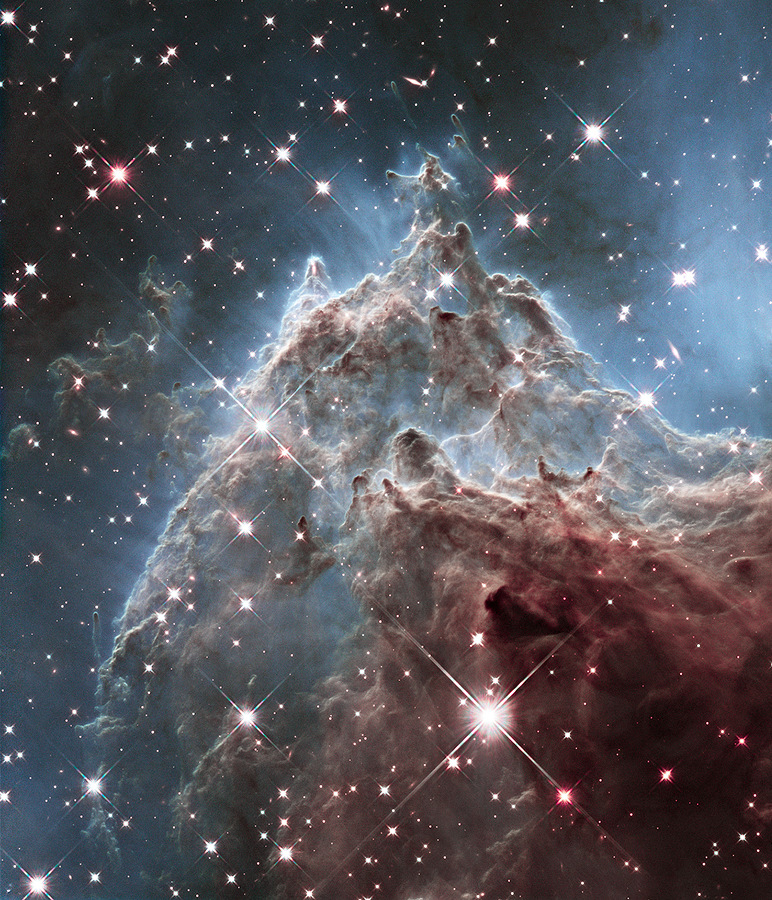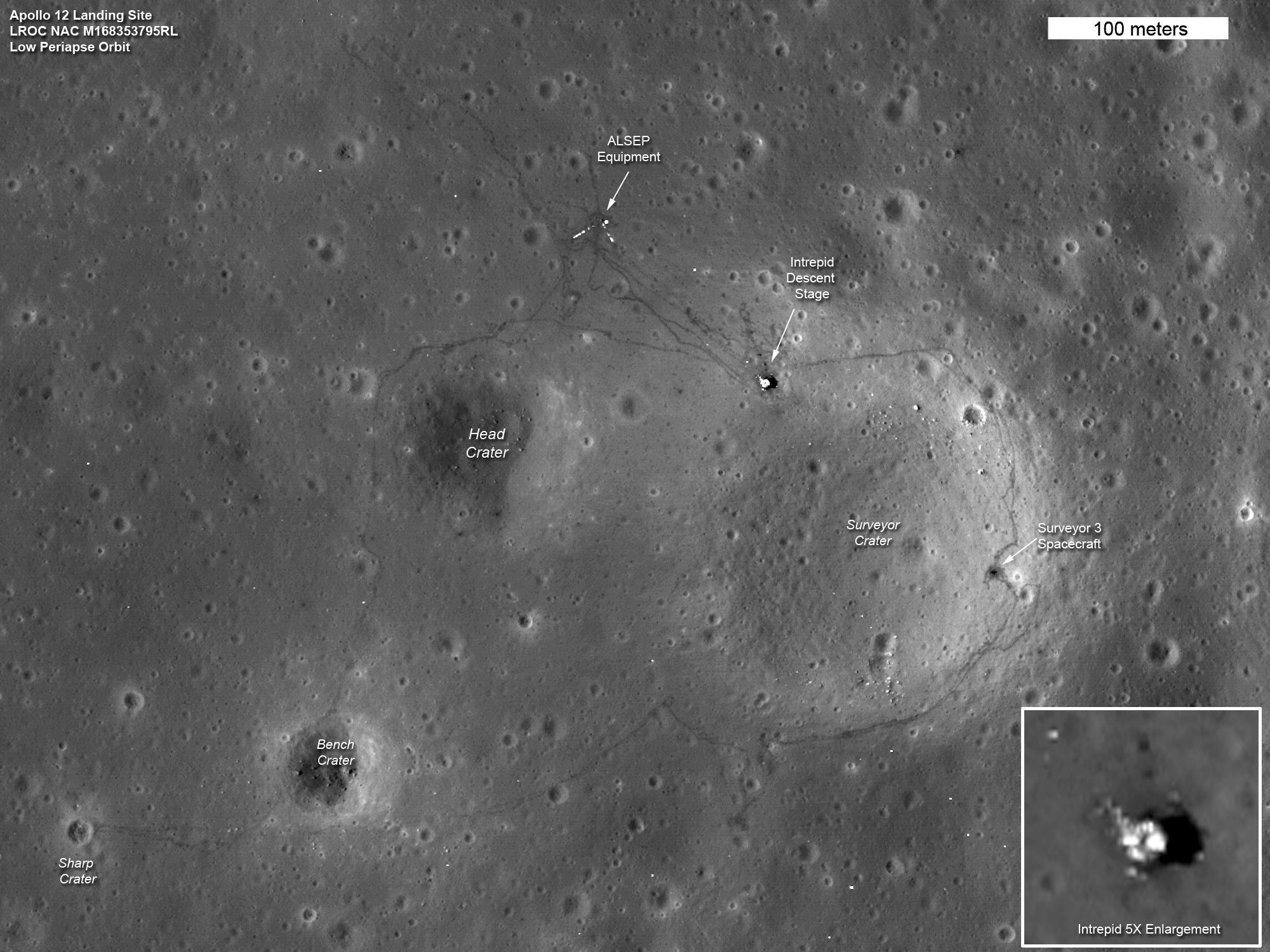Dem Space Feels: Emotional Connection, Visual Culture, and Saving Our World
CHALLENGE: See how far you can scroll in this model of the solar system If The Moon Were Only 1 Pixel. Go ahead, I'll wait. Now that your wrist hurts as much as your brain, familiarize yourself with the relative size of the planets with the largest known stars in the universe GIF.
Teeheehee sorry for the cheap shot, I didn't create it. Now then, on with the show...
"Space is soooo big! It just makes me feel so small and insignificant."
I have never fully understood this sentiment. Conversely, does the subatomic realm or the goings on of the bacterium in your gut make you feel large and in charge by comparison? I think not. So what is it?What is this squirmy sensation that gazing at the night sky engenders? I suppose that I can empathize because in a very rudimentary way I have dimly grasped the vast scales with which we measure the cosmos and it really is astronomically big (that is why that noun was made into an adverb), and I have on many occasions for my own sake and the sake of others around me tried to feel into the feeling of being quite small and quite insignificant. I have cut ties with beliefs to experiment with drifting untethered in the existential voids which science is so cheerful to drop out from beneath us and I have wandered anonymous under the towering institutional structures of our big, light/noise/air polluted cities and felt the aloneness of the teeny tiny speck of fleshy self pitted against the sheer steel walls of meaningless postmodern bottom line-ism reality.
And it is real. This sense of insignificance is emotionally available, perhaps to your edification or perhaps to your depression, but it IS real. You really can convince yourself that you are alone in a random and meaningless universe. But it is also somewhat of a trick because if there is one thing that humans do, its create meaning. We create meaning and then convince ourselves that it doesn't actually matter. We are involved in a game of hide and seek on a cosmic scale.
Humans evolved in grasslands and savannahs competing for survival amongst large carnivorous animals with powerful jaws and sharp claws and so as a strategy we developed ways to physically and emotionally identify with the bags of skin with which we moved through this treacherous world. Its called the ego and it served to keep us alive and out of danger long enough to pass along our genes and raise our offspring to sexual maturity. That's the name of the game. But this capacity to assess threat plays a devious trick on us in the modern world where many if not most of those big, scary realities cease to impact our daily lives - reality itself becomes very big and very scary.
Not that it isn't. Science has helped us to understand for the first time our true size if not our true significance in the universe and there are still a smattering of quite serious and impending threats to our continued survival, not the least of which is our own sense of cultural importance and technological momentum. Through that same technology we have become the first generations to bear witness to the enormity of space which surrounds us, the gaping eons of time stretched behind us, and to face the terrifying prospect that though the cosmos can be rationally apprehended through numbers (which is weird), it is ultimately unintuitive and for the most part seems to be extremely hostile to life. But then we are also the first to have smack us in the face images like this:
This:
And this:
Not to mention the Hubble Deep Field and Extreme Deep Field gravitational lensing and all that. Astronomy is lucky in that way that as big and somewhat terrifying as the sky and its denizens are, they are just as awe-inspiringly wonderful to behold. But we live in this world everyday and all day struggle to survive and all night we rest to prepare ourselves for the coming day. Many things seem to conspire to make the world seem ordinary and hum drum and most of us do not own a thousand or million dollar telescope anyway so who can be bothered? That is why it is so crucial for space science communicators to grab the public by their collective shoulders and shake the hell out of them and shove these images in their faces (especially the social planners and politicians) and scream "Wake UP!" Because its a part of nature and a part of you and is going on all round you. You who are in an insanely unique and privileged part of the cosmos to be conscious and breathing on a living planet with the information technology to have it all served up for your consumption. Just a couple tappytaps on your pocket computer and away you go! And again astronomy is special because while we throw away most things after we consume them - we are perpetually fed by the visual culture of space and as we emotionally connect to it, it suffers no depletion, no ablation, no scarcity and no banality. So soak it up for it cannot be drained.
And so as we wake up to space so to are we changed by it. As Dr. Neil Degrasse Tyson points out in his Space As Culture keynote lecture for the 28th National Space Symposium, before the famous images of Earth were captured by Apollo astronauts, the planet was almost never pictured as having clouds even though ~75% of it is covered at any given time. In those photos we see no borders, no races, no cultural divides so apparently important on the surface - Humans awoke to the Earth as a solitary whole and not just as a metaphor. These images were directly caught up in the emerging conservation, ecology, environmental movements and were famously featured on the cover of the Whole Earth Catalog (a sort of hippy manual for off-the-grid and alternative lifestyles). Cars, furniture, and various cultural bric-a-brac of the 50's and 60's took on the sleek, sharp styles of rocketry and we called it the Space Age and the intervening years harbor many more examples of this cross cultural pollination.
Flash forward 50 meandering years as we get rolling here in the 21st Century and come to terms with budget cuts to space science and exploration in the midst of financial prestidigitation and the coming realization that America is not a Democracy but an Oligarchy, climate change denial in the face of increasing climate change and increasingly dire predictions. We must as culture and as a species take pause to look back at that small thing that the hippies, and feminists, and the conservationists seemed to be on about when a generation saw the planet Earth from space for the first time. We should take advantage of the technology we have now and get connected in the social media to NASA, the ISS, Astronomy Picture of the Day, check out your local observatory or star party, play some Kerbal Space Program, become a citizen scientist and classify galaxies with Zooniverse, watch Cosmos on National Geographic (or FOX) and gaze out into the abyss of space so that it can gaze back into you. Look out to the stars if only to look back at our own planet because if there is one small thing that is as beautiful and significant as the stars are massive and overwhelming, it's a romantic human standing on Earth contemplating it all.
And wash it all down with a short documentary about picturing our local cosmographic neighborhood.






